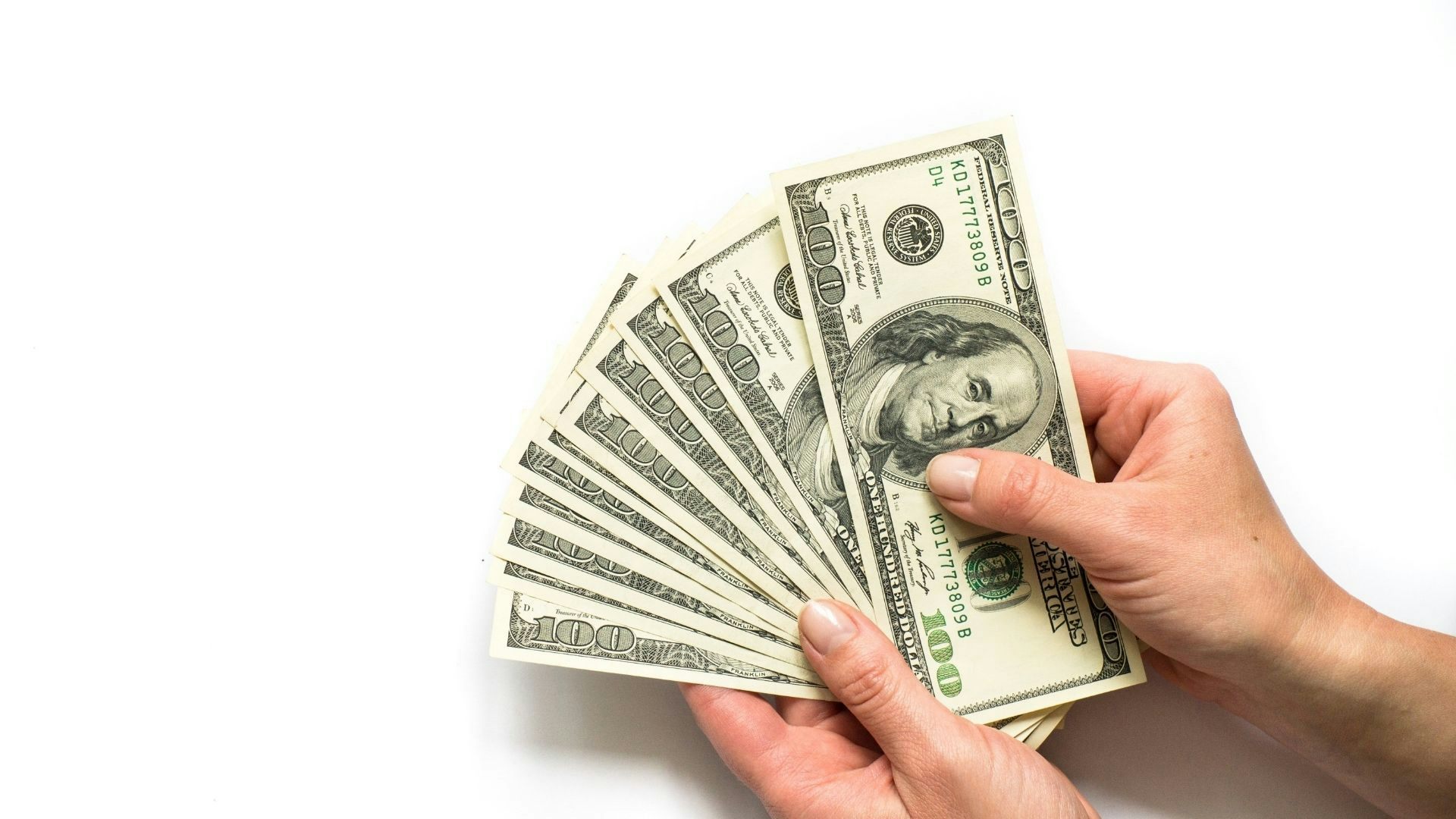The Internal Revenue Service has now distributed over 130 million $1,400 stimulus checks to eligible Americans. While there are millions of third stimulus payments still remaining to be sent, the IRS has also begun sending some additional payments, called “plus up payments” to recipients who did not receive the full amount they were owed from their third payment. Here’s what you need to know.
What is a Plus Up Payment?
Plus up payments are fourth stimulus checks being sent to some eligible recipients. Plus up payments are additional funds that certain people are owed because their third stimulus checks were sent based on their 2019 taxes and their circumstances changed in 2020, meaning they should have been sent more than they received.
They might have had a drop in income which made them eligible for the full $1,400 (rather than a lower amount because their income was above $75,000 in 2019) or had a child and now have an additional dependent (children are eligible for $1,400).
Once they file their 2020 taxes and the IRS knows their current income, marital status, and number of dependents, they can send checks for the difference. Plus up payments are basically the IRS “topping off” people who received a third stimulus check that was too small.
How Much Will the Payment Be?
The plus up payments range widely, depending on how much the person is owed. They may be an additional full $1,400 if the person has a new dependent or smaller amounts depending on what changed.
For people whose income lowered in 2020 compared to 2019, the plus up payment will likely be a few hundred dollars. The first plus up payment checks were sent last week, and the IRS will continue distributing them alongside the third payments which still remain to be sent.
Do You Have to Do Anything to Get the Payment?
The IRS will send plus up payments to people who are eligible automatically. However, if you haven’t filed your 2020 taxes and you think you will be eligible for more funds than you would have been in 2019, you should file now. Once your taxes are done, the IRS will be able to send your plus up payment.
Conclusion: If You Think You Are Eligible For a Plus Up Payment, Make Sure Your Taxes Are Paid
Although U.S. taxes aren’t due for another month, you should still pay your taxes now if you think you may be eligible for another payment. Once you pay your 2020 taxes, the IRS can distribute your plus up payment to you.
If you are not eligible for a plus up payment, you still may be able to receive a fourth stimulus check—Democrats are pushing for Biden to pass more stimulus legislation. Follow along with the Skip App for more stimulus info.
📌 Pro-tip: Find out about new grants and funding opportunities with 15 days free of Skip Plus. Join nearly 50,000 others getting early access to grants and other funding opportunities. See New Grant Opportunities
"I can't recommend Skip Plus enough. It is so wonderful to have the confidence that the Skip team is researching for me and they'll alert me if I need to take action on grant opportunities. -Stephanie J, Los Angeles, CA
"Thank you Skip for keeping me informed on grants and loans. It seems like you're adding new features every single week. Big help for my shop in Atlanta — thank you again." -Danielle K, Atlanta, GA

